The attendance of China's defense minister at the Shangri-La Dialogue in Singapore will be vital to expound China's vision on global and regional stability, experts said.
It will also offer an opportunity for various parties to seek security proposals that serve the common interests of regional countries, instead of the self-interest of the United States that aims to maintain military hegemony in the Asia-Pacific region, they said.
State Councilor and Minister of National Defense Li Shangfu has been invited to attend the 20th Shangri-La Dialogue and visit Singapore from Wednesday to Sunday, the Defense Ministry announced on Monday.
During the international security forum, Li will deliver a speech on China's new security proposals and meet with the heads of some delegations. During his visit to Singapore he will also hold meetings and talks with leaders of the nation's government and its defense department, said Tan Kefei, spokesman for the ministry.
Li's attendance at the Shangri-La Dialogue, which is scheduled to be held from Friday to Sunday, will be his first time participating in the event since taking office as China's defense minister in March. It is the fourth time China has sent its defense minister to take part in the international security forum held by London-based think tank the International Institute for Strategic Studies.
Senior Colonel Cao Yanzhong, a researcher at the People's Liberation Army Academy of Military Science, said the defense minister's participation will convey to the international community China's views on world peace and regional security issues, strengthen communication and understanding with relevant countries, including neighboring countries, and build security consensus with them.
In addition, Western countries led by the U.S. could possibly utilize the conference to whip up international public opinion that is not conducive to China, such as hyping up the so-called "China threat theory", he said.
"Therefore, it is necessary for China to attend the conference to refute this and gain more understanding and recognition from the global community," he said.
According to the Pentagon, U.S. Defense Secretary Lloyd Austin will also attend the Shangri-La Dialogue in Singapore.
Engagement between the Chinese and U.S. militaries has long been a global focus but it has gone through serious difficulties as the U.S. side has been infringing on China's interests, said Yuan Zheng, deputy director of the Chinese Academy of Social Sciences' Institute of American Studies.
"As Sino-U.S. ties have been getting strained, relations between the two militaries will inevitably take a hit," he said, noting that China does not reject dialogue, but the U.S. has created difficulties for dialogue, which it has to take concrete actions to overcome.
But at present, the U.S. is increasing its military presence in the Western Pacific, treating China as an imaginary enemy, constantly sending warships through the Taiwan Strait and the South China Sea, and selling arms to Taiwan, which shows no sincerity, Yuan said.
Mao Ning, a Foreign Ministry spokeswoman, said on Tuesday that the U.S. is clear about the reason why China-U.S. military dialogue faces difficulties.
"The U.S. should earnestly respect China's sovereignty, security and interest concerns, immediately correct wrong practice, show sincerity and create the necessary atmosphere and conditions for dialogue and communication between the Chinese and U.S. militaries," Mao said.
According to the outline agenda of the conference, there will be two plenary sessions respectively themed on China and the U.S. — the only two among the forum's all seven plenary sessions which focus exclusively on a single country's security policy.
The theme of the U.S. plenary session will be Washington's leadership in the so-called "Indo-Pacific" region.
Whether the U.S. has a leadership role in the Asia-Pacific region isn't determined by itself, but whether its security policies serve the common interests of regional countries, Cao said.
The U.S. has been creating military alliances in the Asia-Pacific and bringing in countries outside the region to intervene in South China Sea affairs, which is essentially targeted at suppressing China, he said.
However, the new security framework that China advocates is comprehensive, cooperative and sustainable, he stressed, noting that all countries' sovereignty and territorial integrity as well as all parties' legitimate security concerns would be respected under the framework.








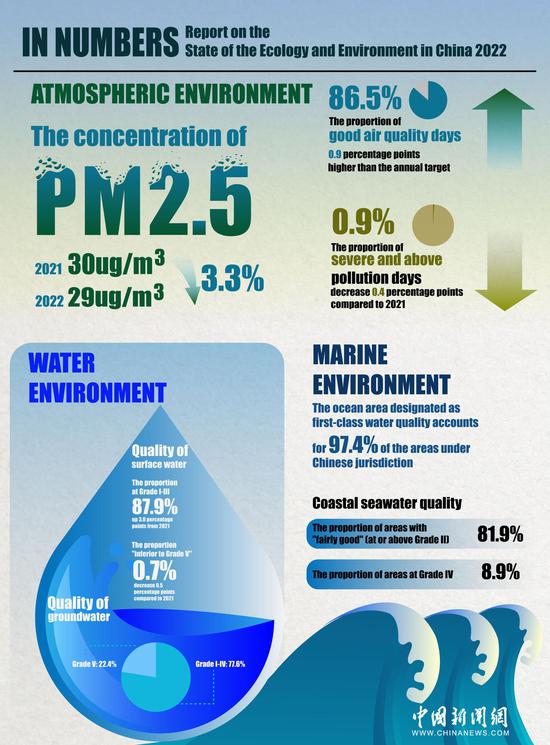
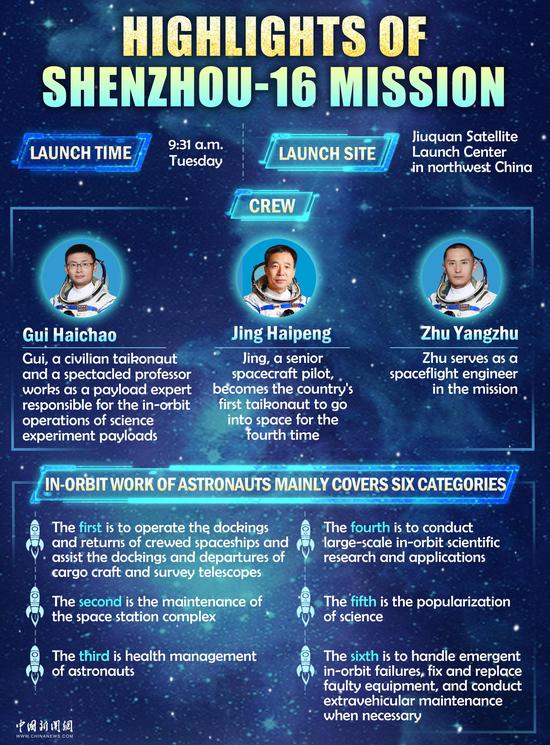

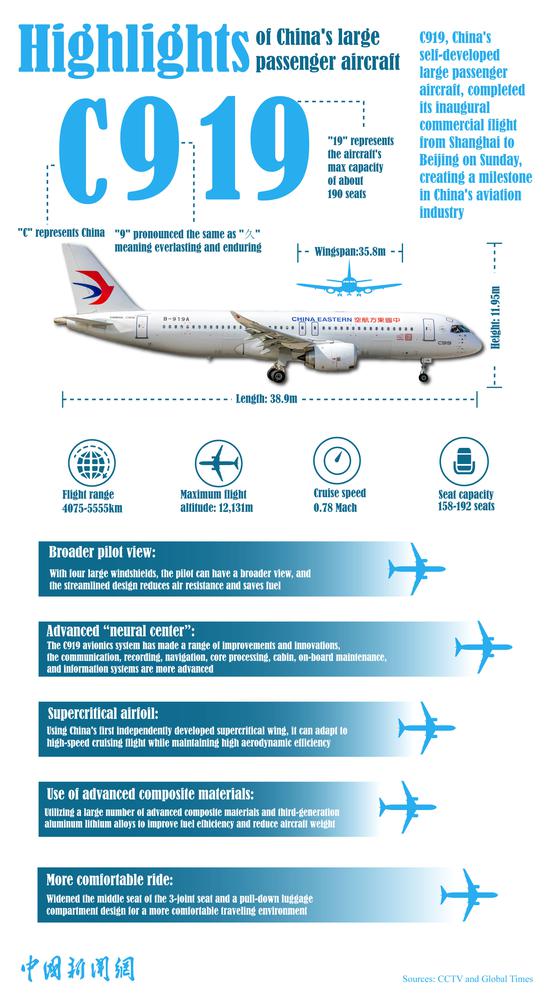
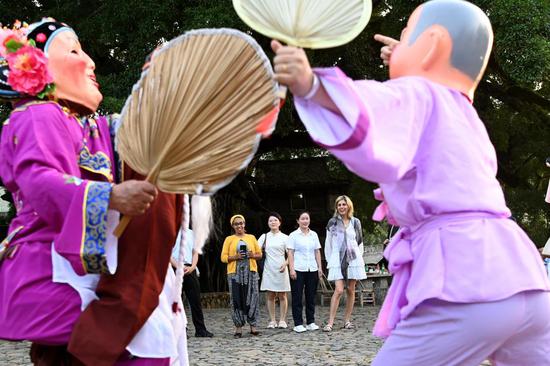


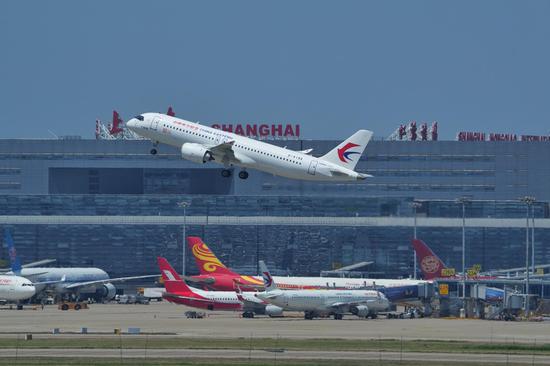


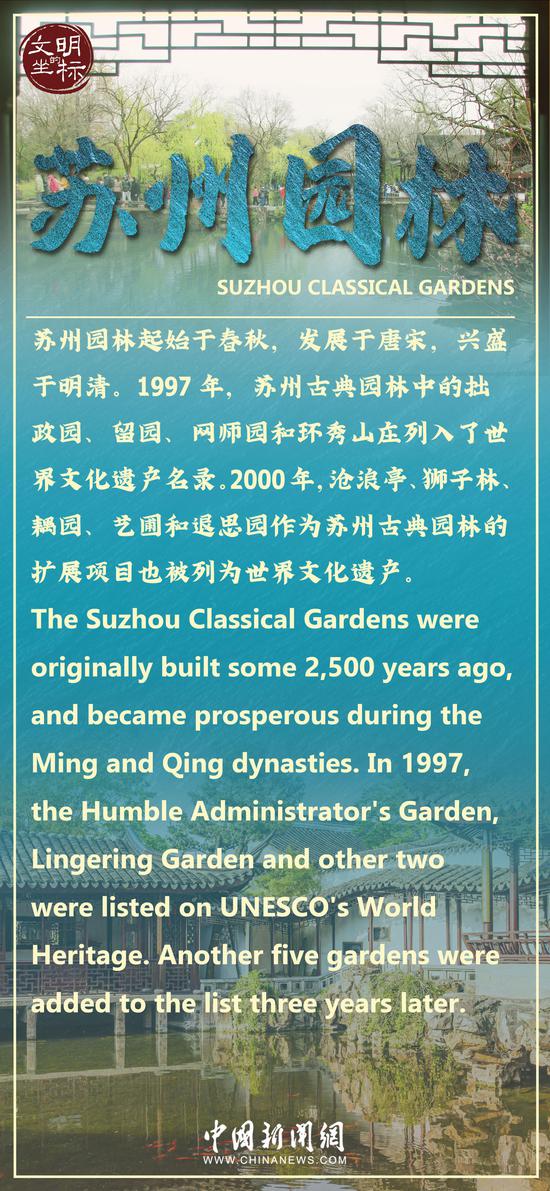
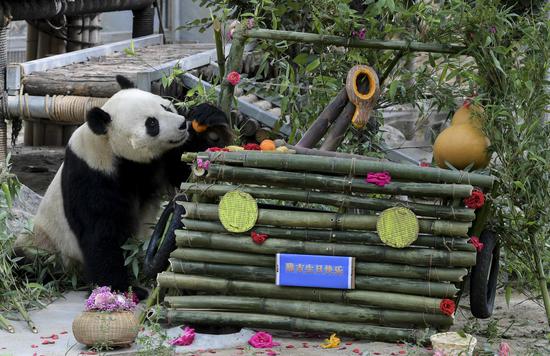


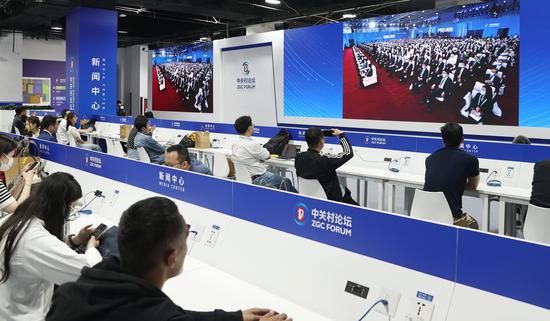


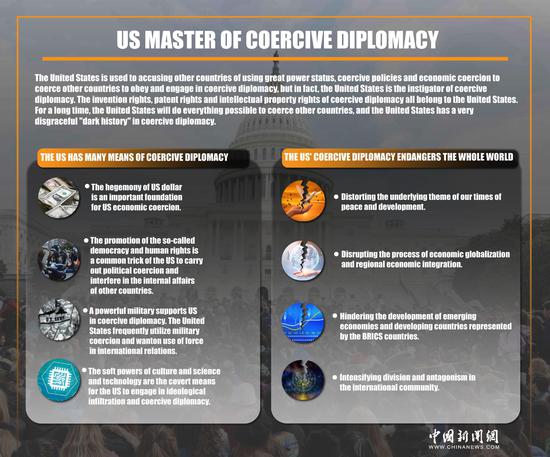
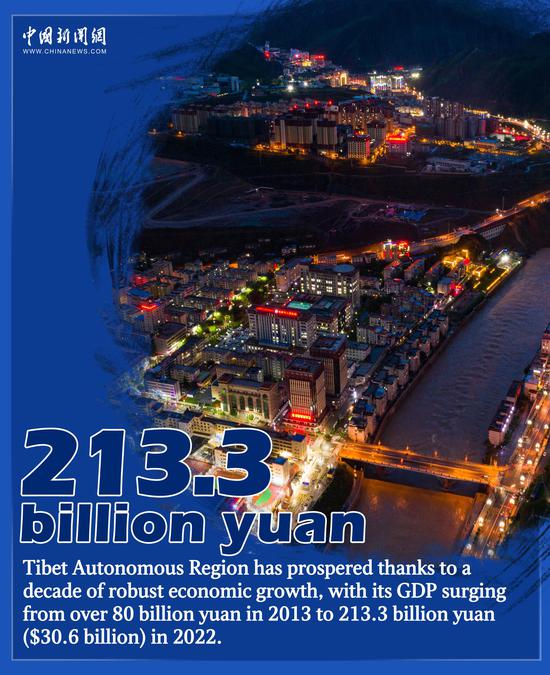
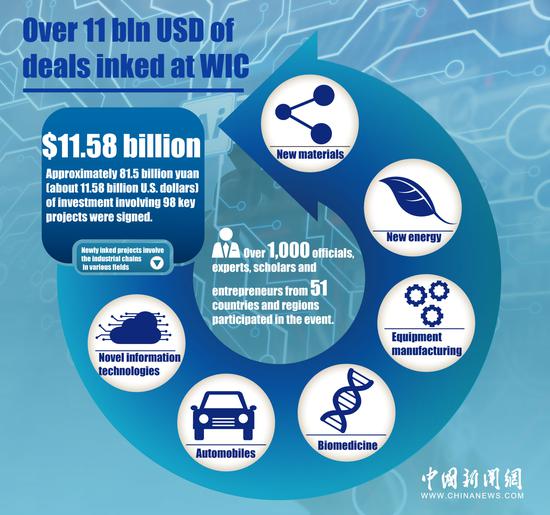

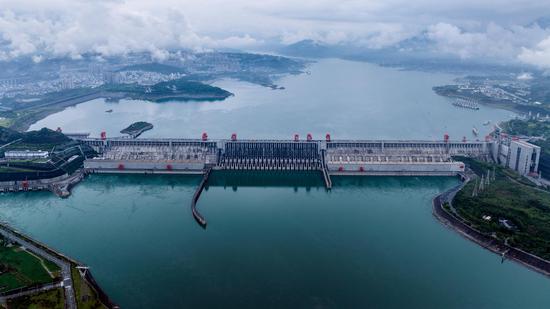

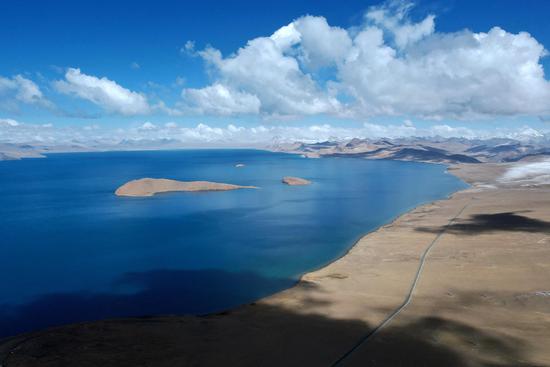
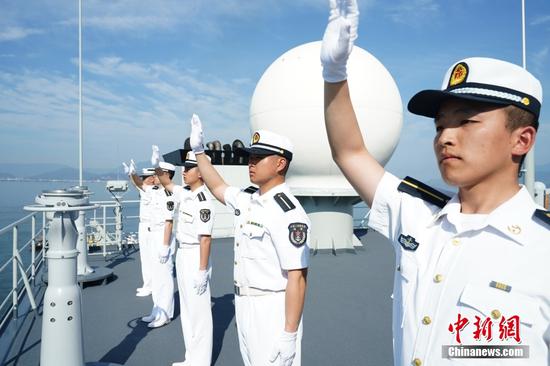
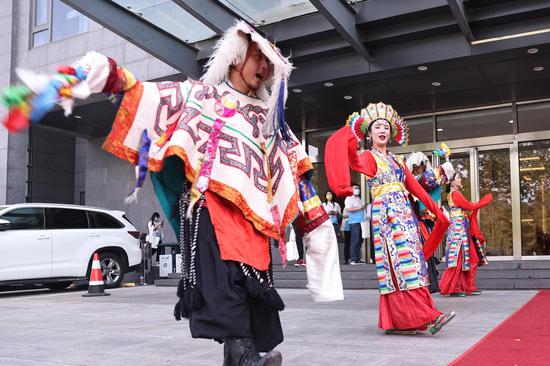




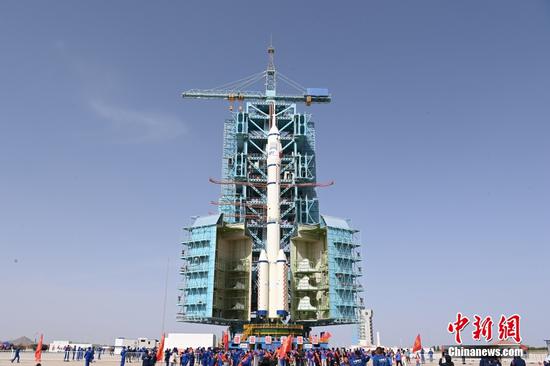
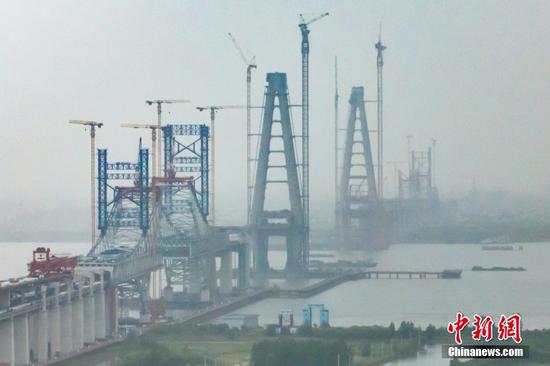
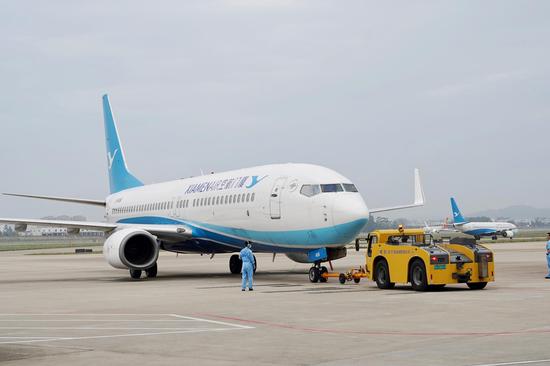
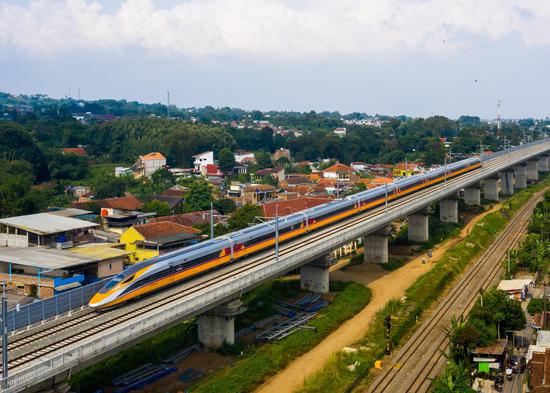
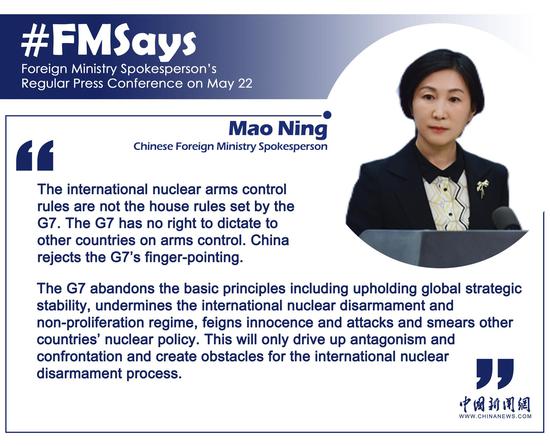
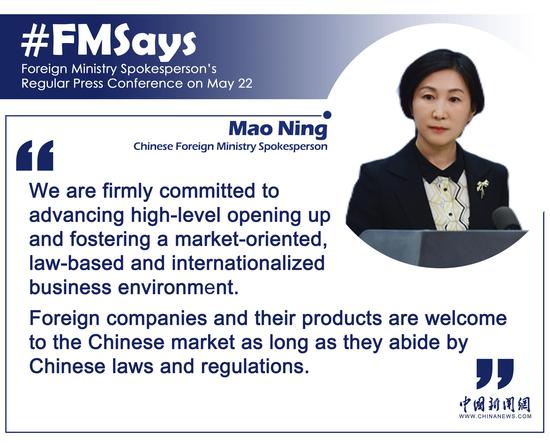






 京公网安备 11010202009201号
京公网安备 11010202009201号